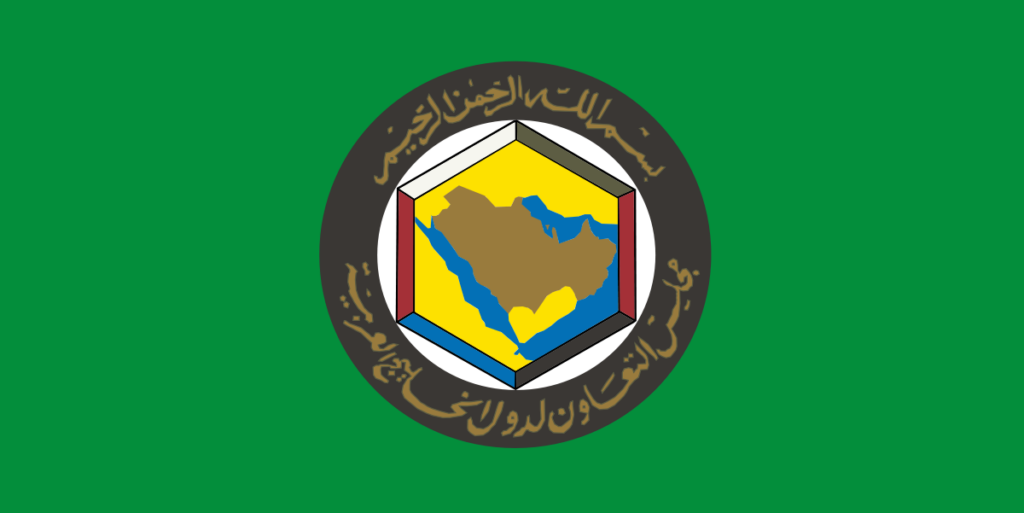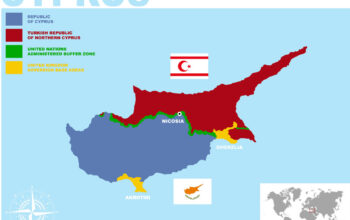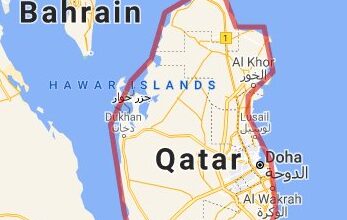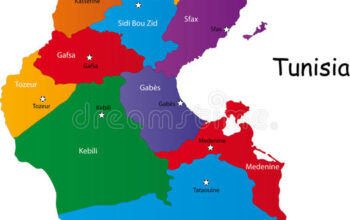GCC ORGANIZATION:
The Gulf Cooperation Council (GCC), also known as the Cooperation Council for the Arab States of the Gulf, is a trade bloc involving the following six Arab Gulf States: State of Bahrain, State of Kuwait, State of Qatar, Sultanate of Oman, Kingdom of Saudi Arabia and the United Arab Emirates (UAE). On May 25, 1981, the leaders of the aforementioned states met in Abu-Dhabi, UAE, where they reached a cooperative framework joining the six states. The agreement to establish the GCC was signed on November 11, 1981 in Riyadh. According to Article 4 of the GCC Charter, the basic objectives of the GCC are: to effect coordination, integration and inter-connection between GCC member states in all fields in order to achieve unity between them; to deepen and strengthen relations, links and areas of cooperation currently prevailing between their peoples in various fields; to formulate similar regulations in various fields including the economic and financial affairs, commerce, customs and communications, education and culture; to stimulate scientific and technological progress in the fields of industry, mining, agriculture, water and animal resources; to establish scientific research; to establish joint ventures and encourage cooperation by the private sector for the good of their peoples
The GCC Supreme Council, during its 13th session held in December 1992, approved the Patent Regulation and the Statute of the GCC Patent Office. The Patent Office was opened in Riyadh, Saudi Arabia, and it started receiving applications as of October 3, 1998. In November 1999, the GCC Council proposed further amendments to the Regulation; the amended Regulation became effective as of August 16, 2000.
Certificates of patents granted by the GCC Patent Office secure legal protection of the inventor’s rights in all member states of the GCC which comprises the State of Bahrain, State of Kuwait, State of Qatar, Sultanate of Oman, Kingdom of Saudi Arabia and the United Arab Emirates (UAE).
A patent shall be promptly validated in the member states as of the date of grant. At the moment, national patent offices are in operation in a number of the GCC states. These national offices grant patent protection in their respective countries, and the applicant may file as many applications as he wishes with any national office whether such office is already in operation or still in the process of establishment. The applicant may also file an application with the regional office, if he so wishes.
Once an application for a patent is filed with the GCC Patent Office, it is examined with respect to the compliance of the applicant with the formalities. If executed satisfactorily, the application receives a filing number and the filing date is secured. The patent law stipulates absolute universal novelty.
Disclosure of the invention anywhere, expressed by use, in writing, by oral disclosure, or in any other way before the relevant date of filing the patent application, or the priority date of validity claimed in respect thereof, shall destroy the required absolute novelty unless the disclosure has occurred due to arbitrary actions of others, against the applicant or his predecessor or as a result thereof.
The patentee may claim priority of a previous application from another country or a regional application within 12 months of the original filing.
A patent is valid for 20 years from the date of filing the patent provided the maintenance annuities are paid. A patent is subject to annuity due at the beginning of each year subsequent to the year in which the application was filed and payable within a period of 3 months (January 1 to March 31). Late payment is possible within 3 months thereafter in exchange for an additional fee.
The patentee shall exploit the invention covered by the patent as sufficient exploitation in the GCC member states, within 3 years from the date of granting. If the prescribed grace period lapsed without the patent being sufficiently exploited, the Board of Directors may grant a compulsory license according to specific conditions.
- Requirements for filing patent application in GCC:
POA notarized and legalized up to Saudi Consulate or any GCC member state consulate.
Incorporation certificate notarized and legalized up to Saudi Consulate or any GCC member state consulate.
Business license notarized and legalized up to Saudi Consulate or any GCC member state consulate.
Deed of Assignment notarized and legalized up to Saudi Consulate or any GCC member state consulate.
Certified copy of priority document if Paris Convention is claimed.
- General information:
You can claim priority according to Paris Convention within 12 months from the first filing date.
Not member in PCT.
Period of protection of a patent: 20 years.
Annuities: annuities are to be paid every year from filing date in Saudi Arabia, calculated as of the filing of priority date. Fees are to be paid within three (3) months from the beginning of each Gregorian year, i.e., up to 31 March of each year. If the applicant fails to do so, a grace period of three (3) months is given with payment of double of the original prescribed fees.
Arabic translation for full specification, abstract and claims must be submitted with the application filing.
All required documents may be submitted within 90 days from the application filing date.
One application will cover all members (Bahrain, Kuwait, Qatar, Oman, Saudi Arabia and the United Arab Emirates (UAE).





